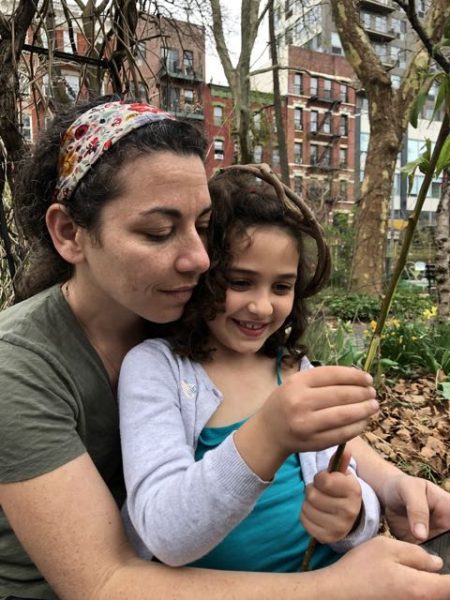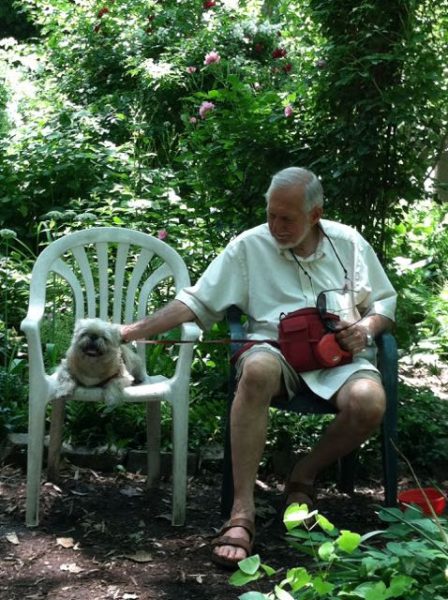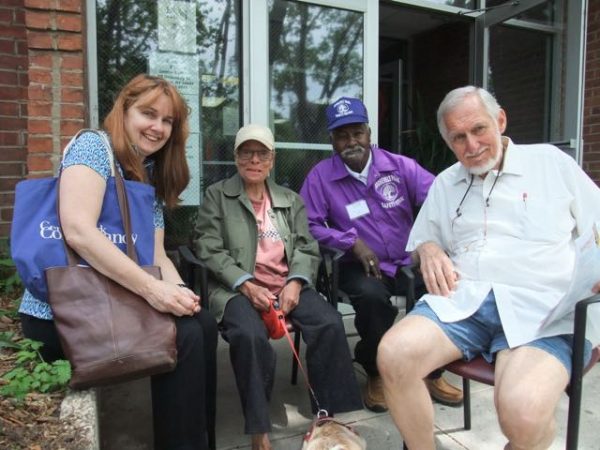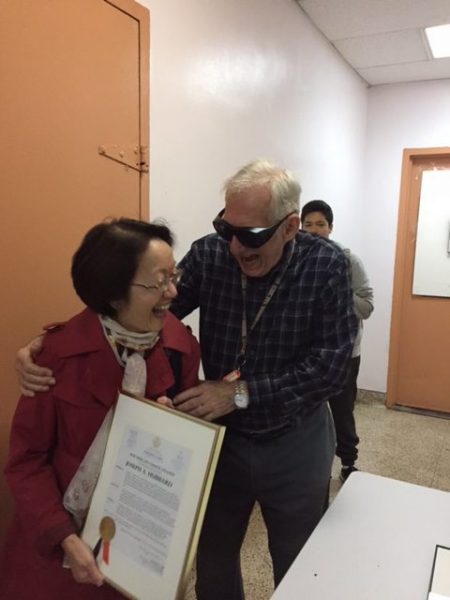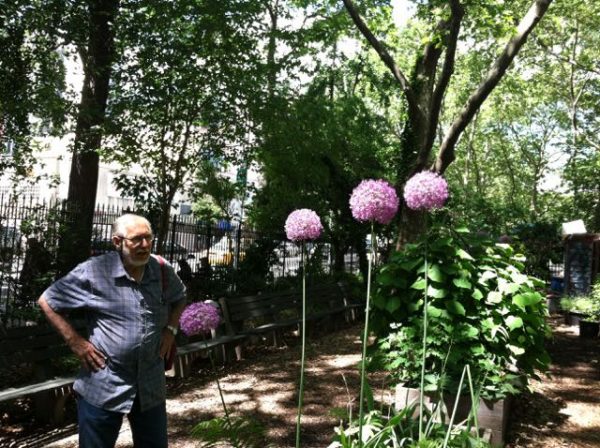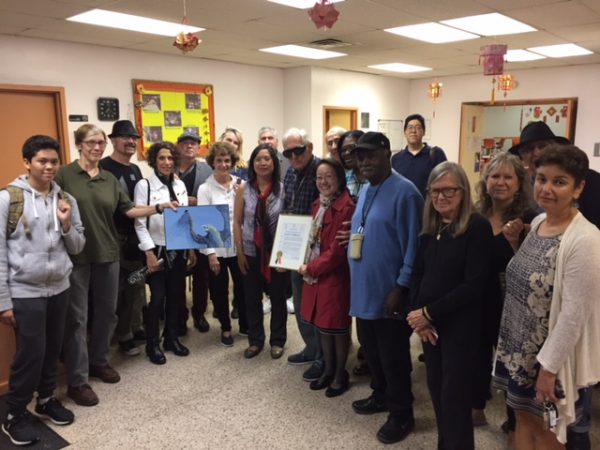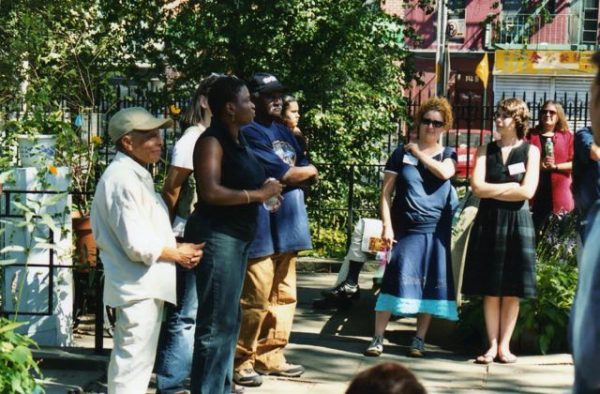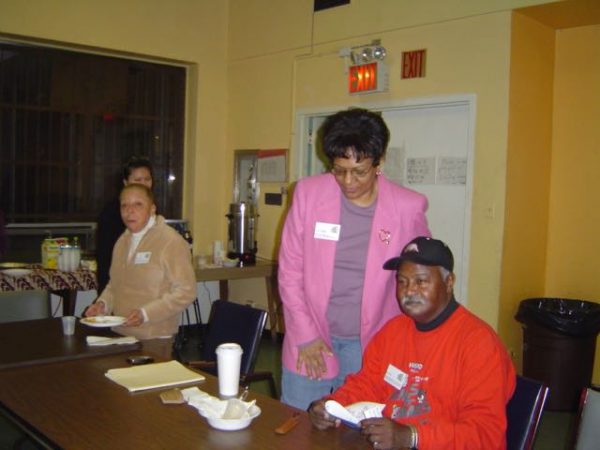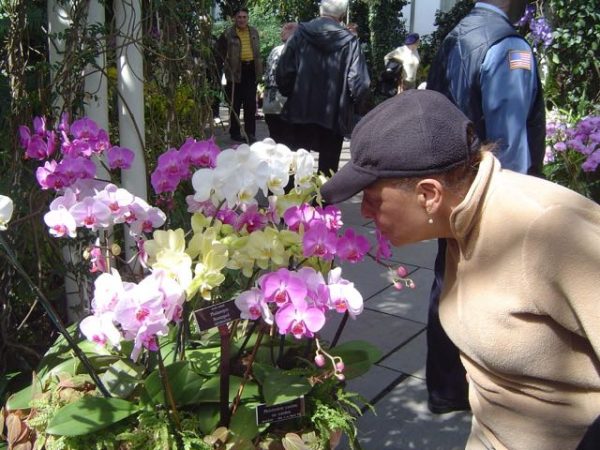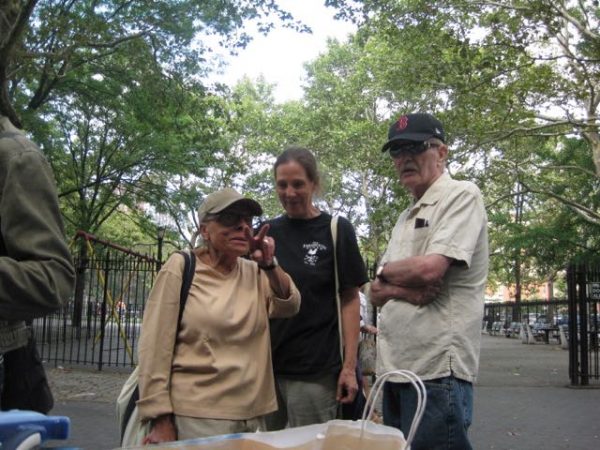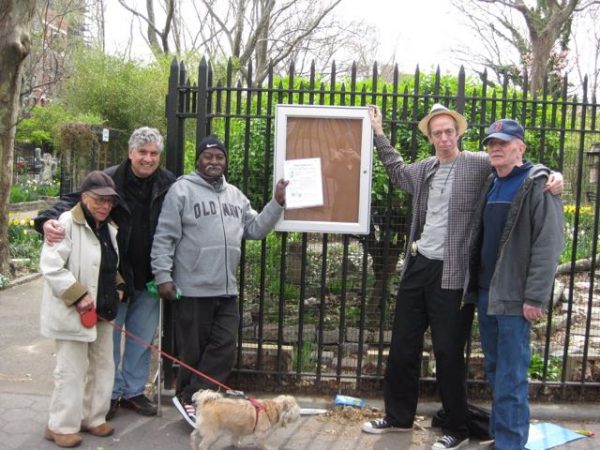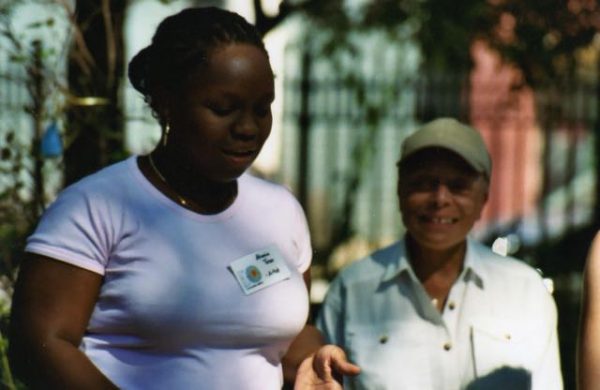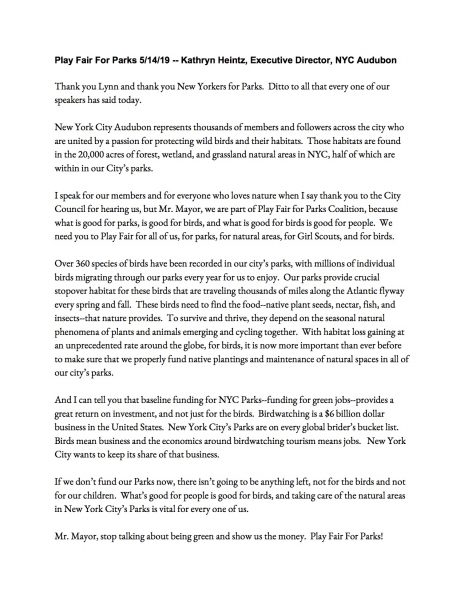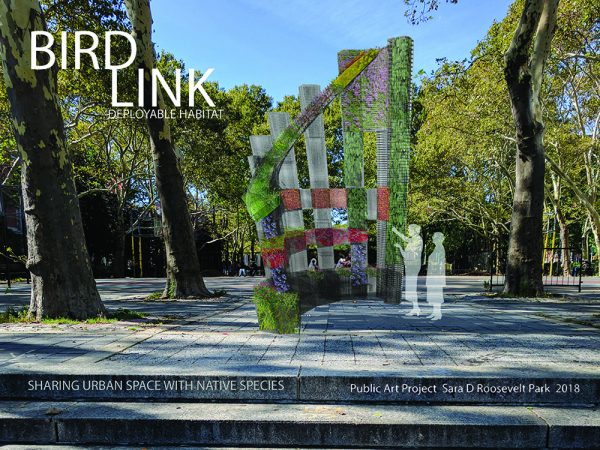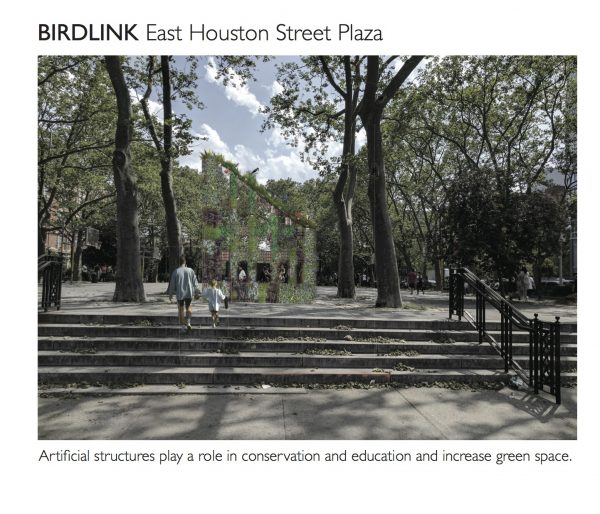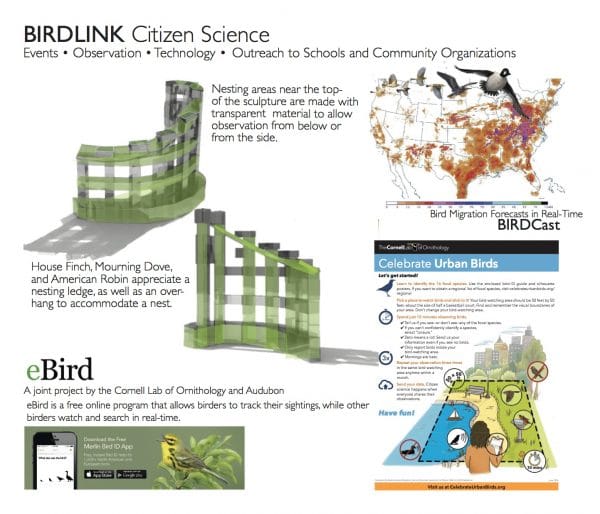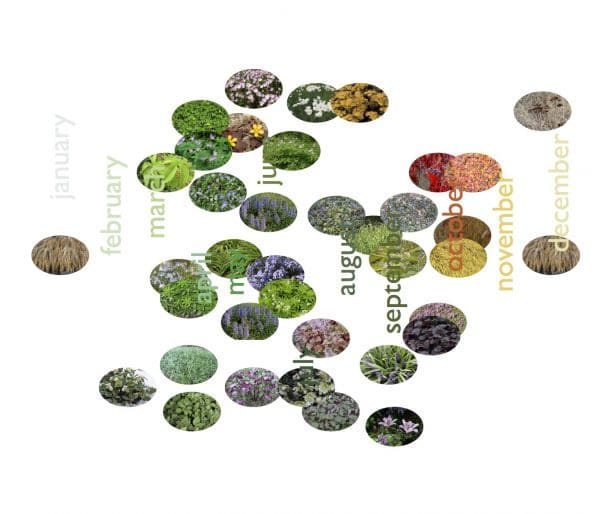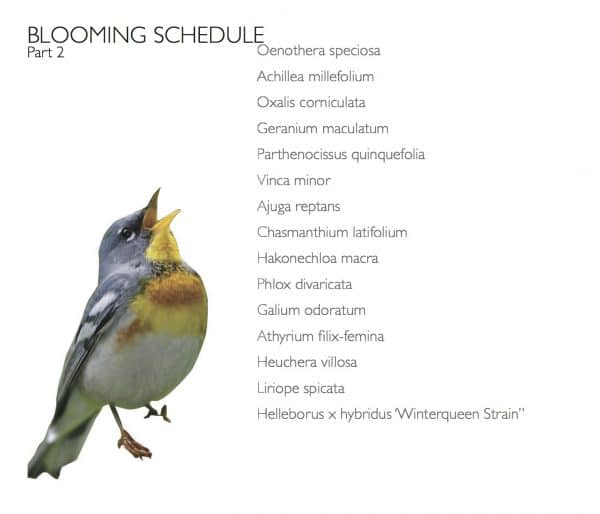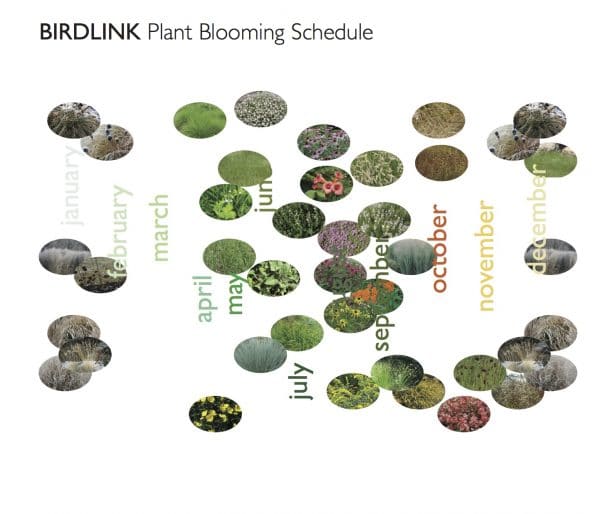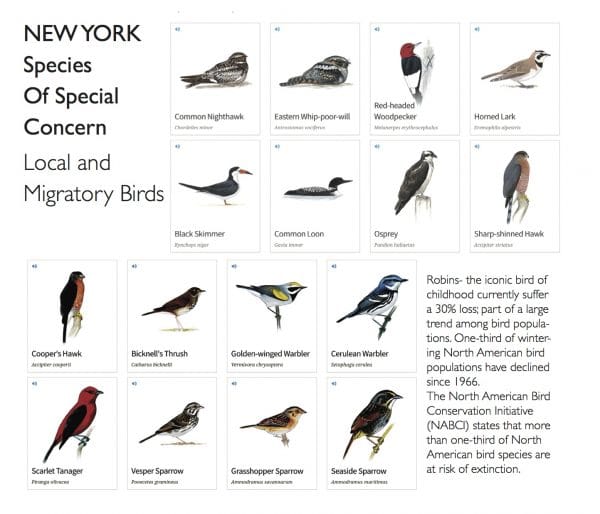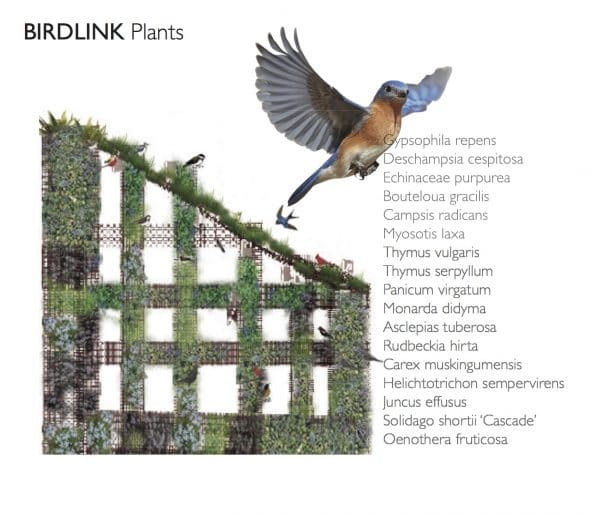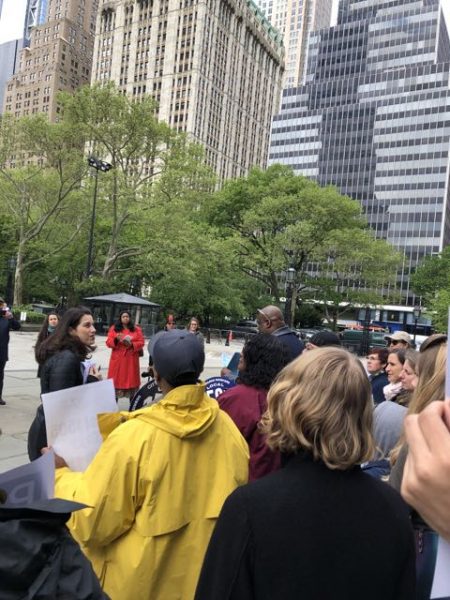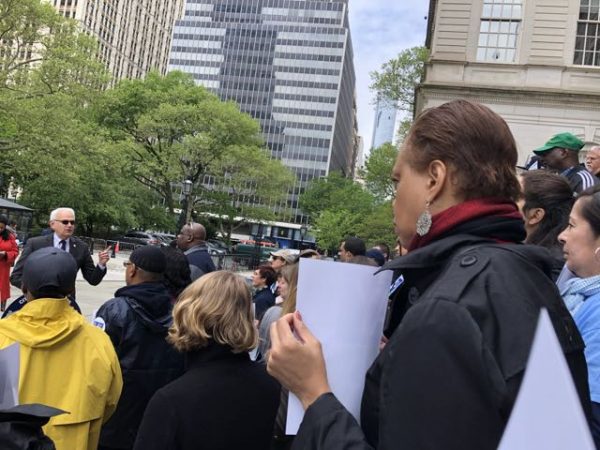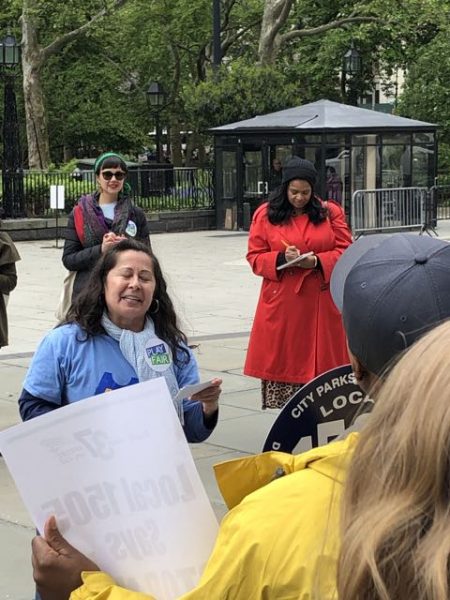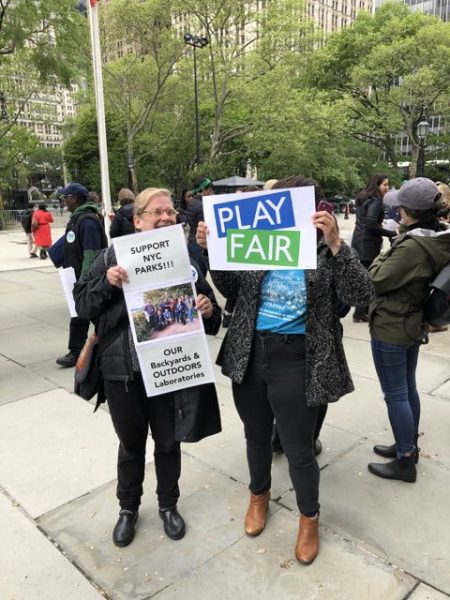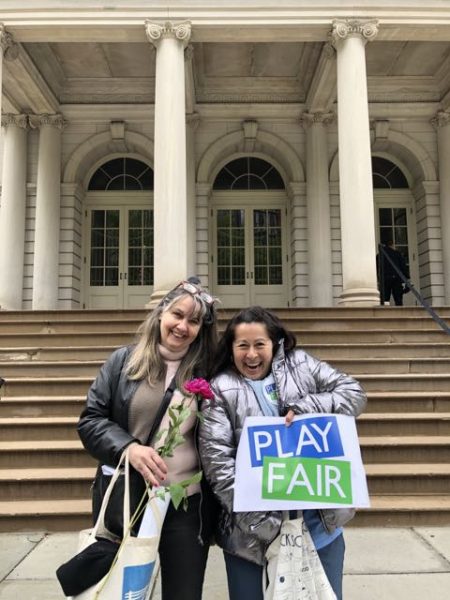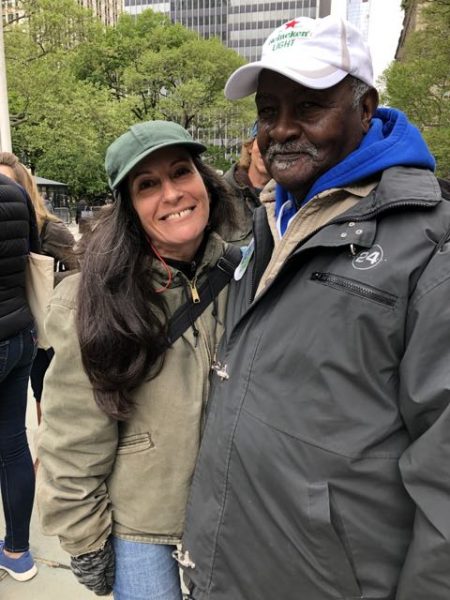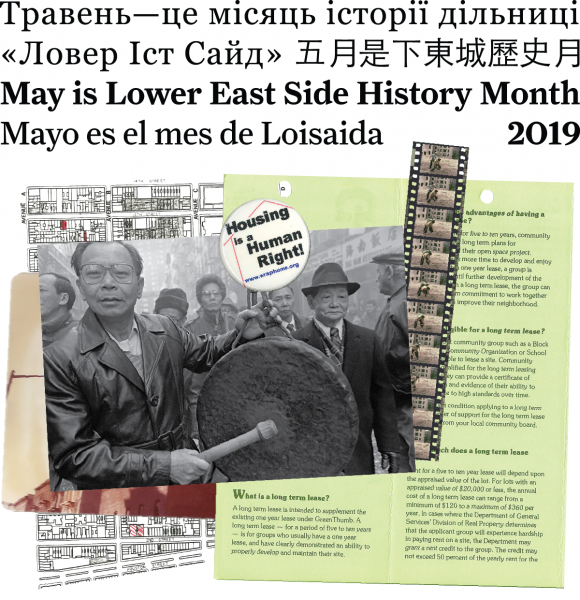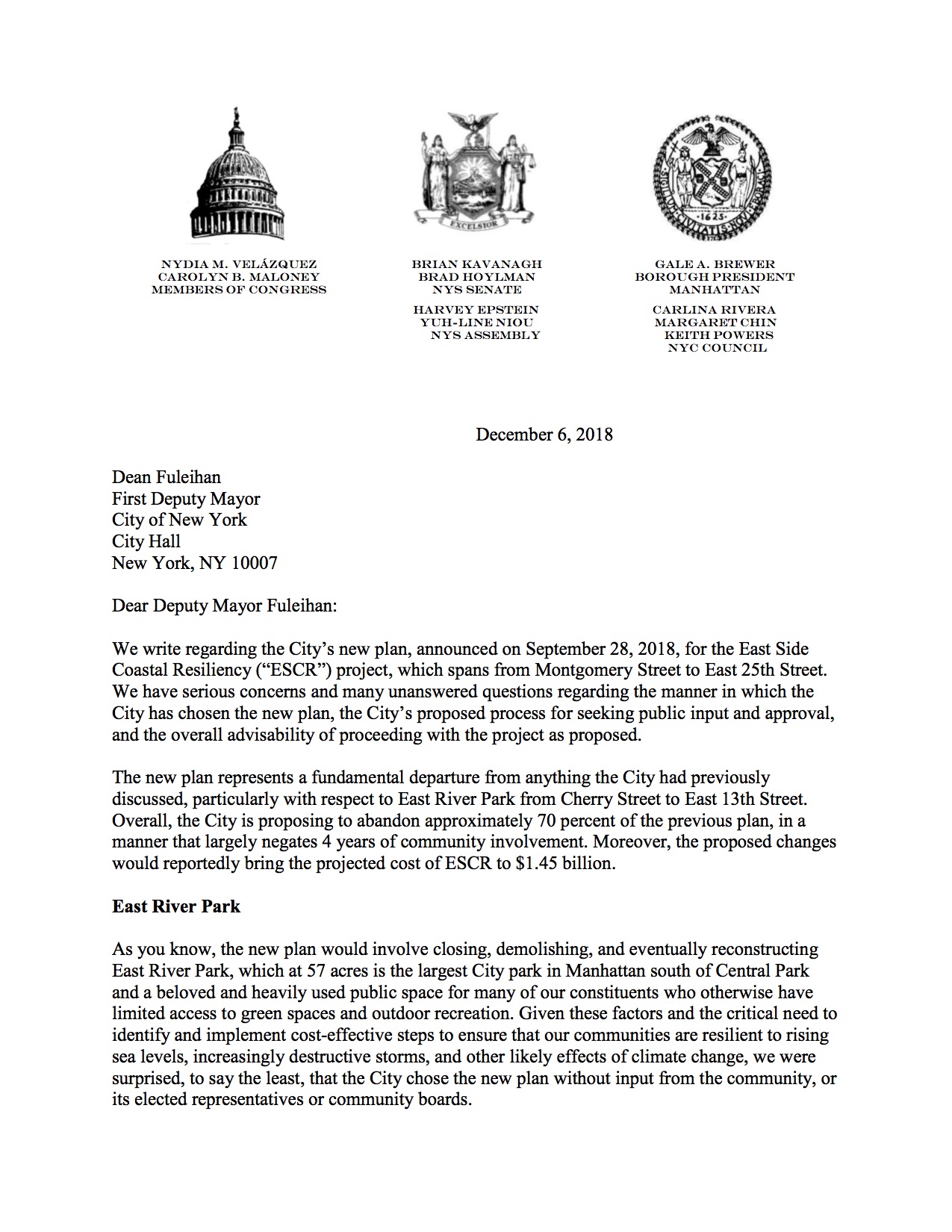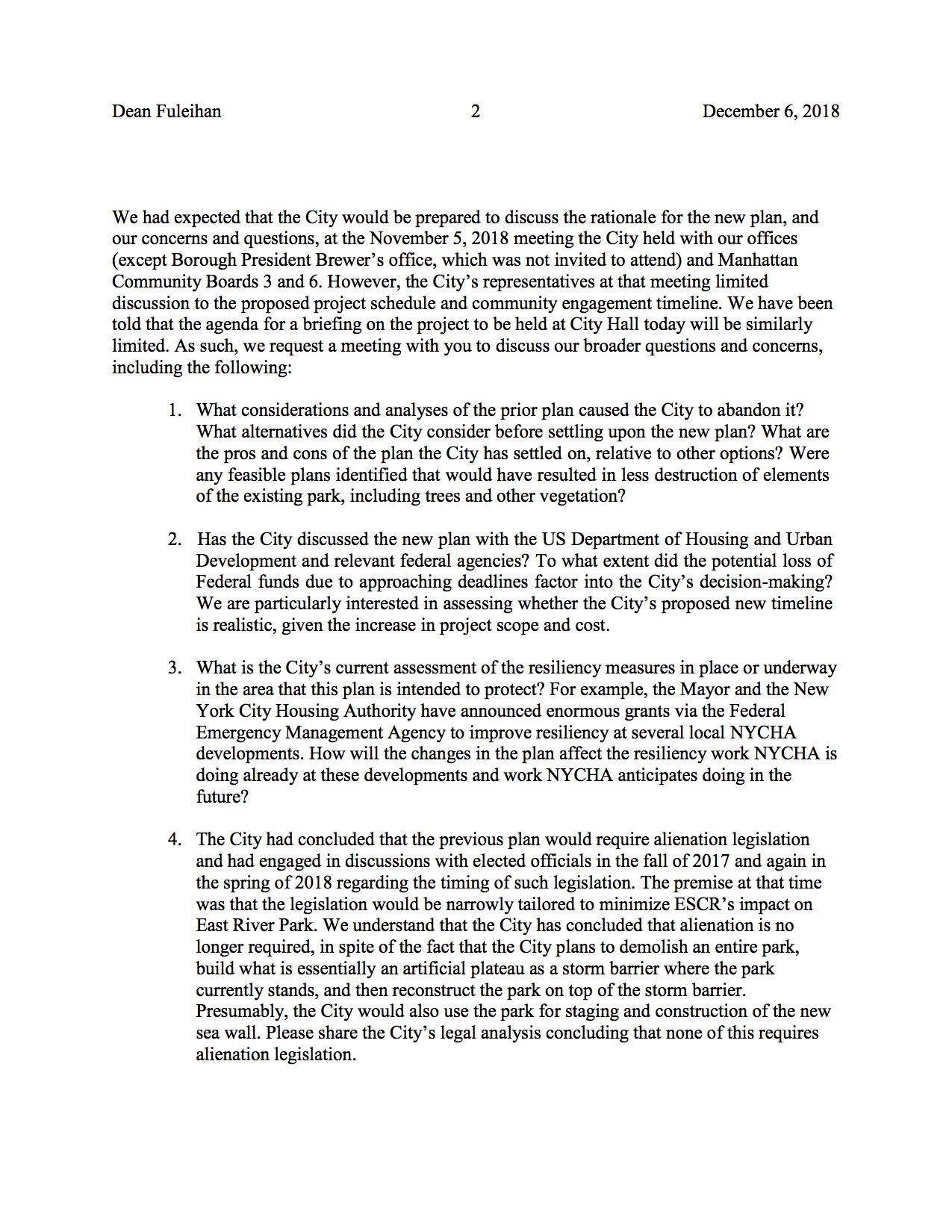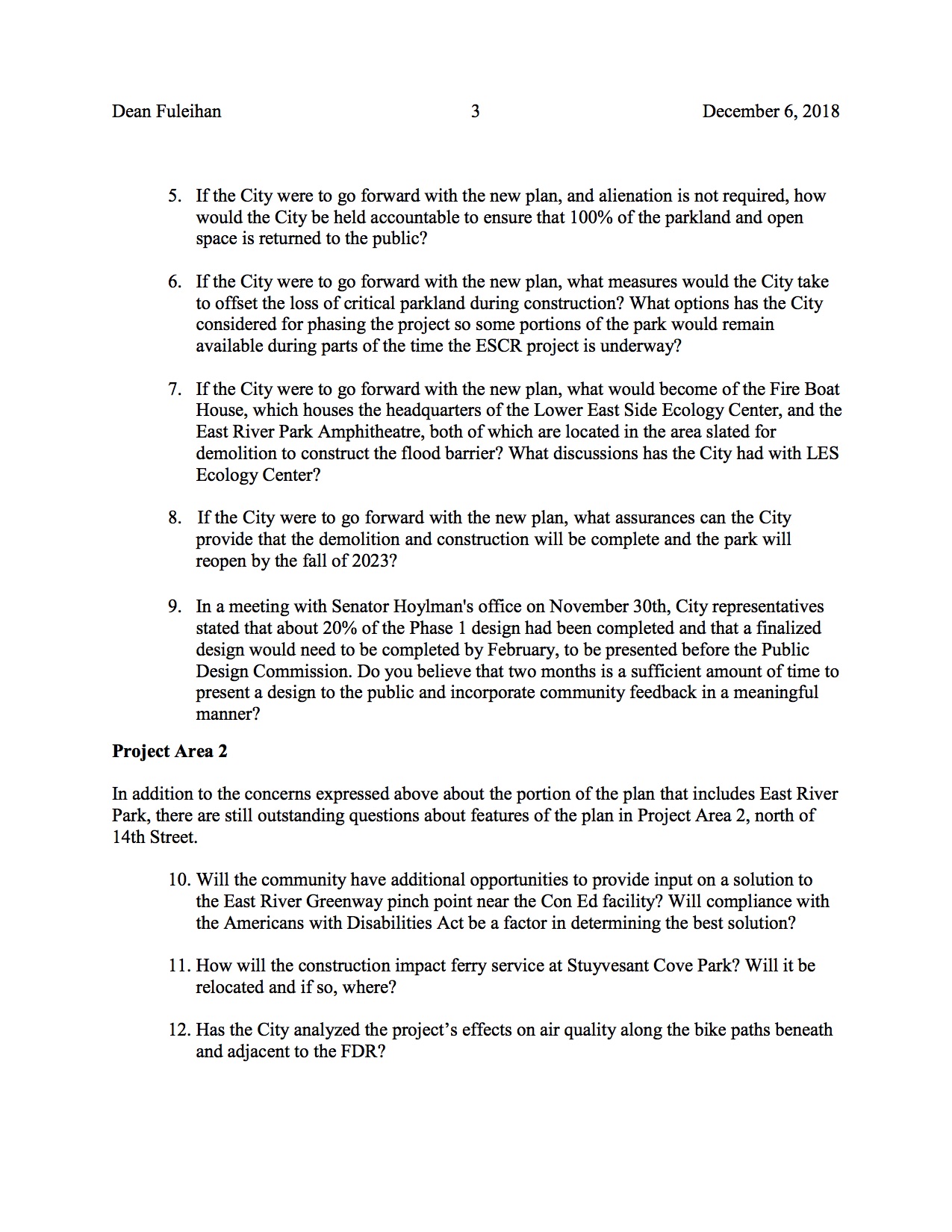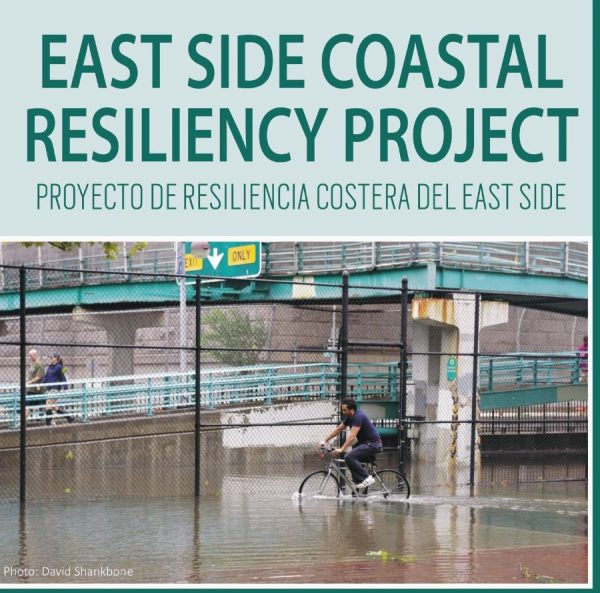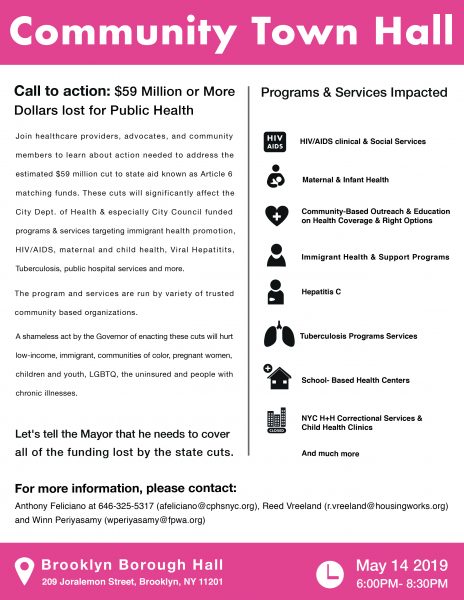City With a Female Face: How Modern Vienna Was Shaped by Women
From The Guardian:
“Aspern specifically takes in to account women and their needs…”
“Gender mainstreaming” is the practice of ensuring women and men are accounted for equally in policy, legislation and resource allocation. Proposed in 1985, it was enshrined as the UN’s global strategy for gender equality in 1995, but Vienna had adopted it years earlier. The city has since conducted about 60 gender-sensitive pilot projects and assessed another 1,000…
A] survey by the women’s organisation of the governing Social Democratic party led to a breakthrough revelation: roughly two-thirds of car journeys were made by men, while two-thirds of those on foot were by women.
“They tried to think it all through, from how you get off the bus to get into your flat,” says Riss…[including] “eyes upon the street“…street lighting was improved…traffic lights were altered to prioritise pedestrians… seating was installed … pavement was widened, and ..areas were made entirely barrier-free, so as to better accommodate prams, wheelchair users and elderly people.”
The link between wider pavements, benches and gender…[ensures] equality of opportunity and access. For example, for an elderly person, a well-placed bench might make the difference between participating in the city and remaining at home.
“The redesign..parks… encourage … use by girls, whose number was dropping off from the age of nine. The addition of volleyball and badminton facilities countered boys’ dominance over the caged basketball courts… Improving lighting and footpaths added to their sense of security, encouraging them to linger.
In the absence of measures to ensure different users’ needs are taken into account, only those of the dominant group are served..”.
“…Gender budgeting”, for example, introduced in 2005, requires each department to report twice a year on how their expenditure has benefited men and women equally. New housing projects must meet gender sensitivity criteria to be subsidised – a sort of checklist to ensure that mainstreaming is not dependent on individual interest.”
